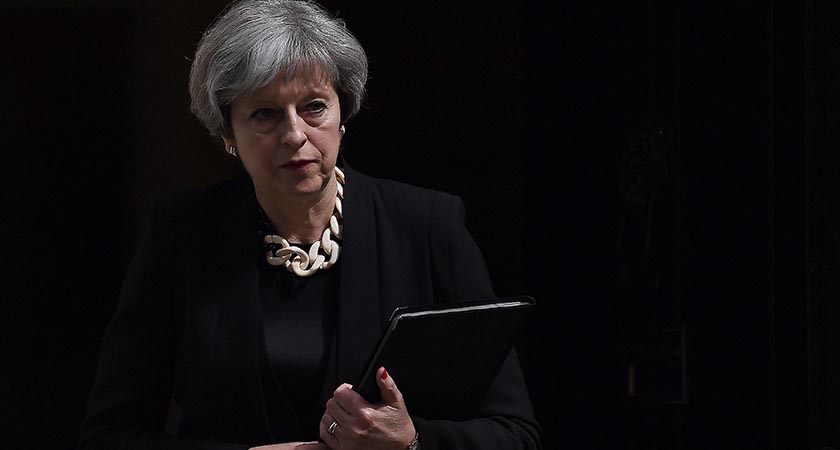THERE is a Chinese curse which says 'May you live in interesting times' – after the dramatic election results, we might all wonder whether we have been cursed.
Confounding the expectations of many (we should have learnt our lesson after Brexit and Trump…), Theresa May’s election gamble failed spectacularly.
Jeremy Corbyn’s Labour exceeded expectations, increasing its share of the vote by a larger margin than at any time since 1945.
The Tories not only failed to pick up seats in target areas, but also lost seats directly to Labour.
The smaller parties were squeezed in a return to two-party politics, including the Scottish National Party which lost high profile figures such as Alex Salmond and Angus Robertson.
Theresa May’s authority is holed beneath the waterline, with many Tories angry at her for ever having called the election and for having arrogantly assumed that older voters would choose her even after her social care policies (particularly the ill-fated 'dementia tax') were announced.
Though failing to win a majority, the big winner on the night was Jeremy Corbyn, whose energetic campaigning and measured media performances won over many voters the Tories assumed would be theirs for the taking.
Instead of the increased majority expected by a hubristic Tory leadership, we have a hung parliament and a Government which looks very far from being “strong and stable”.
The situation seems comparable to that in 1974 when Edward Heath called an election on the basis of asking “who governs Britain?” only to be told “not you!”.
A second election eight months later increased Harold Wilson’s majority and Heath was replaced as Conservative leader by Margaret Thatcher the following year.
In Northern Ireland, we saw a polarisation around the two largest parties – the DUP and Sinn Féin, at the expense of the UUP, the SDLP, and the Alliance.
Theresa May now relies upon a “confidence and supply” agreement with the DUP to get through major pieces of legislation, and this puts Arlene Foster in a very powerful position from which to extract concessions.
One such concession might be an end to the notion of a hard Brexit, given the damage it would do to cross-border trade.
With Sinn Féin, as always, abstaining from taking up their seats at Westminster, the DUP’s bargaining strength is all the greater.
What will this all mean for Ireland? Given recent political forecasting failures, only a fool would offer firm predictions – but let’s speculate anyway.
There is now a glimmer of hope that the hard Brexit we were all expecting might not happen after all.
With Theresa May’s mandate and authority for a hard Brexit having been called firmly into question, the UK might now retain membership of the European single market.
May might not have sufficient support even within her own party for a total break with the single market, and the DUP are known to be hostile to that stance.
We might not see, after all our worry, a hard border cutting through the island of Ireland.
A United Kingdom which remains within the single market and customs union will be good news for Ireland in terms of trade with the UK and access to the rest of the European market.
No longer will the spectre of being cut off from its largest marketplace hang over Irish businesses.
A lifeline will have been thrown to farmers and small businesses all along the border.
If this does turn out to be the future direction of political travel, a major crisis for Ireland will have been averted.
However, there is still a chance that May might try to steamroll ahead with a hard Brexit regardless.
In such circumstances, Sinn Féin’s abstention policy might be called into question by some who calculate that their seven votes at Westminster could prove crucial for Ireland.
For the foreseeable future, however, that policy remains intact.
Whatever happens, we are in for some extremely interesting times indeed.
Thomas Gilmartin is a second generation Irish writer living in London, who has lived in both Britain and Ireland. He specialises in current affairs, law, and international relations.


